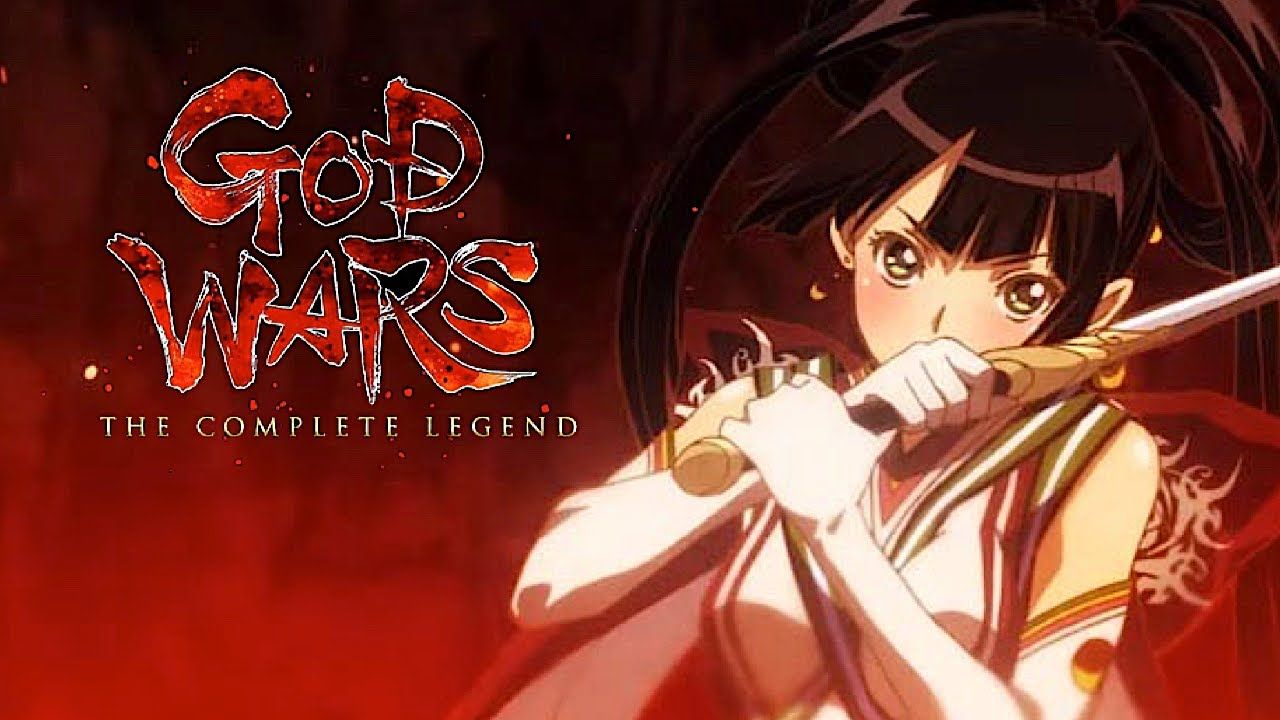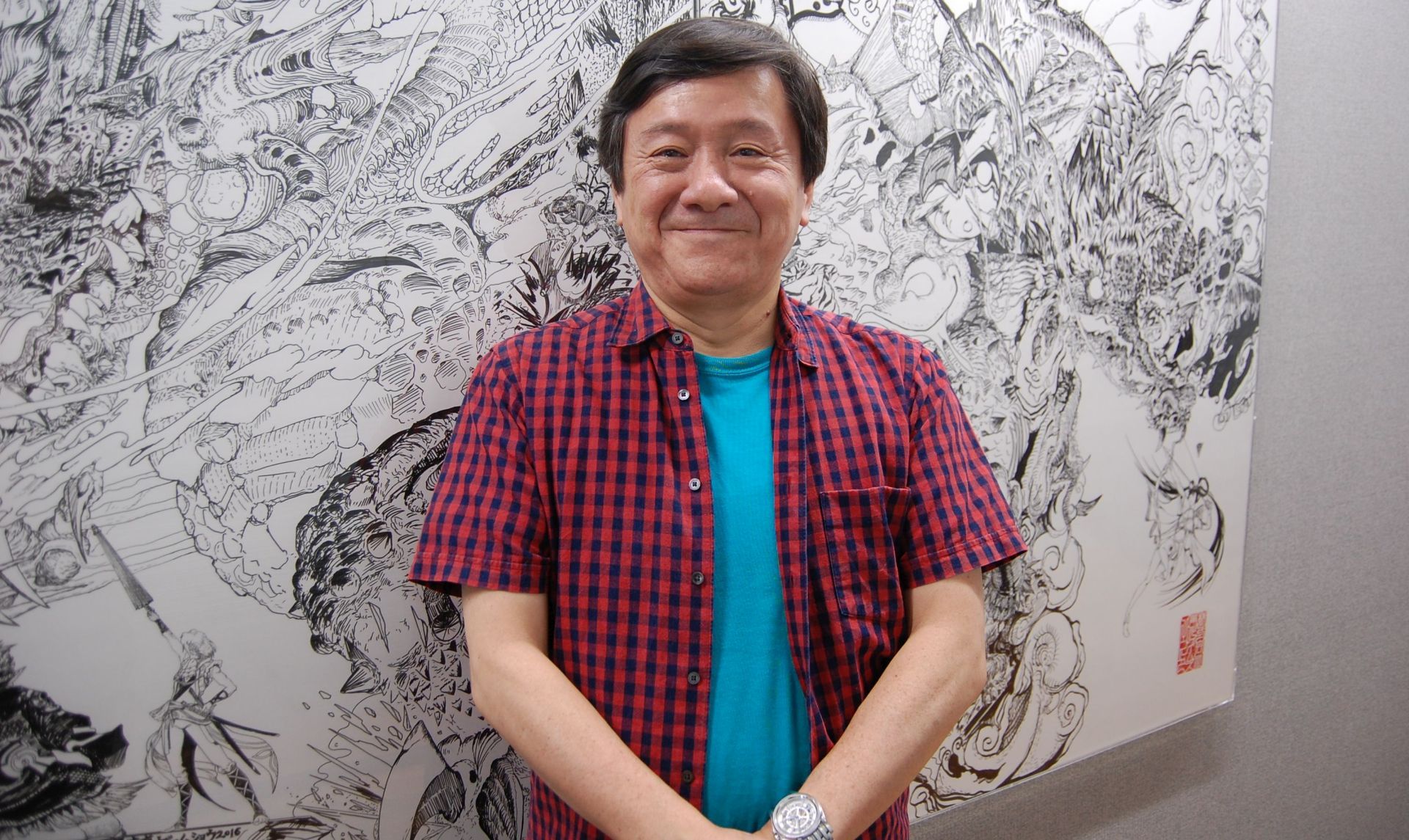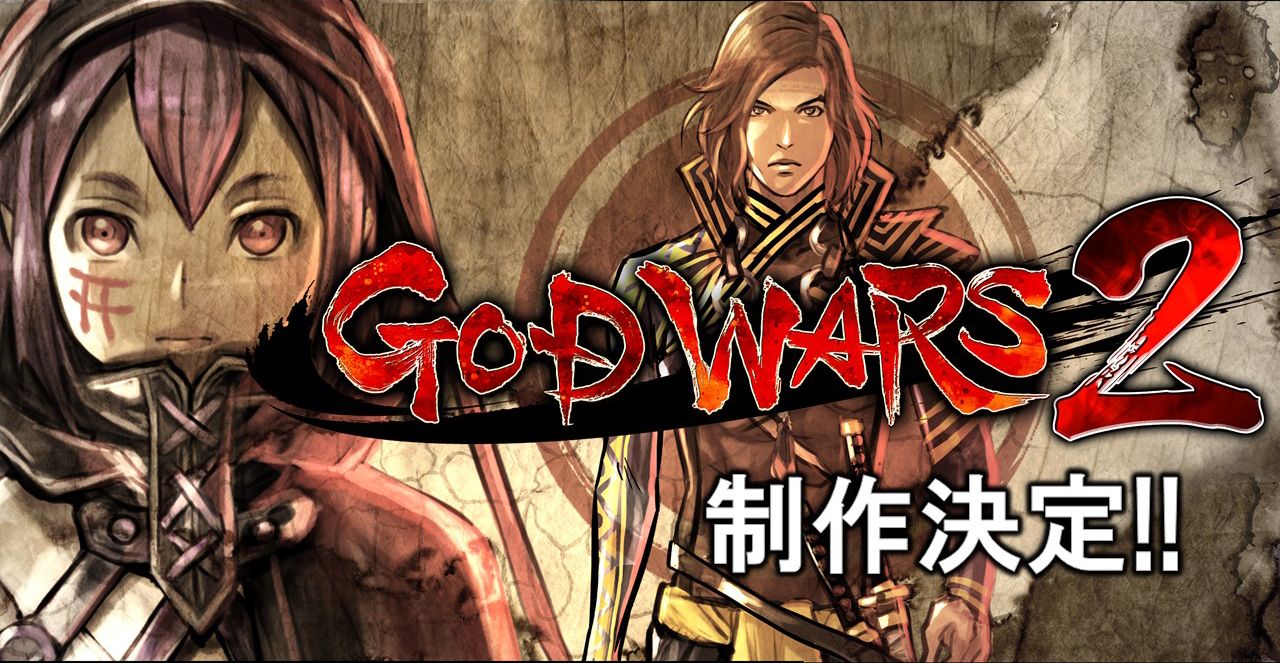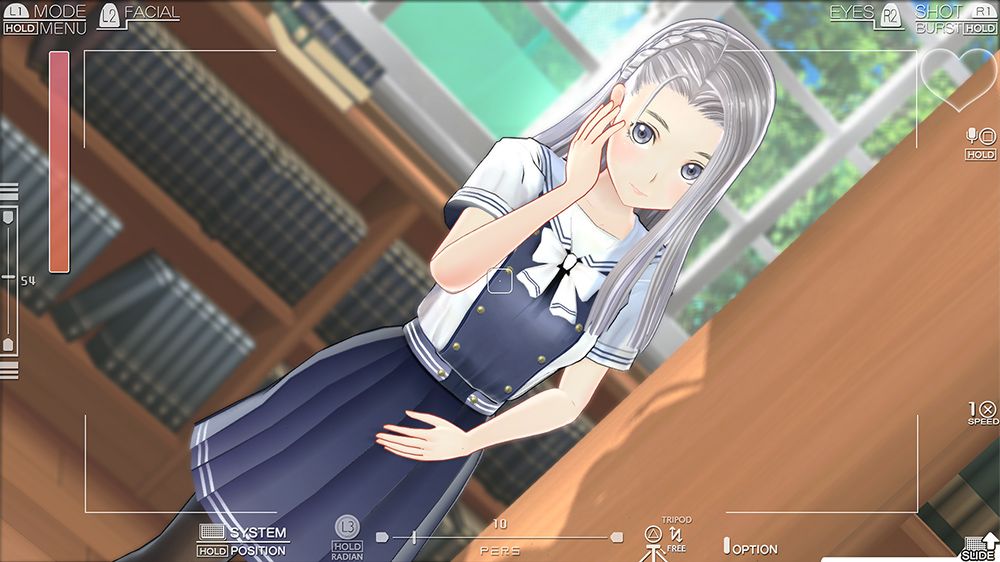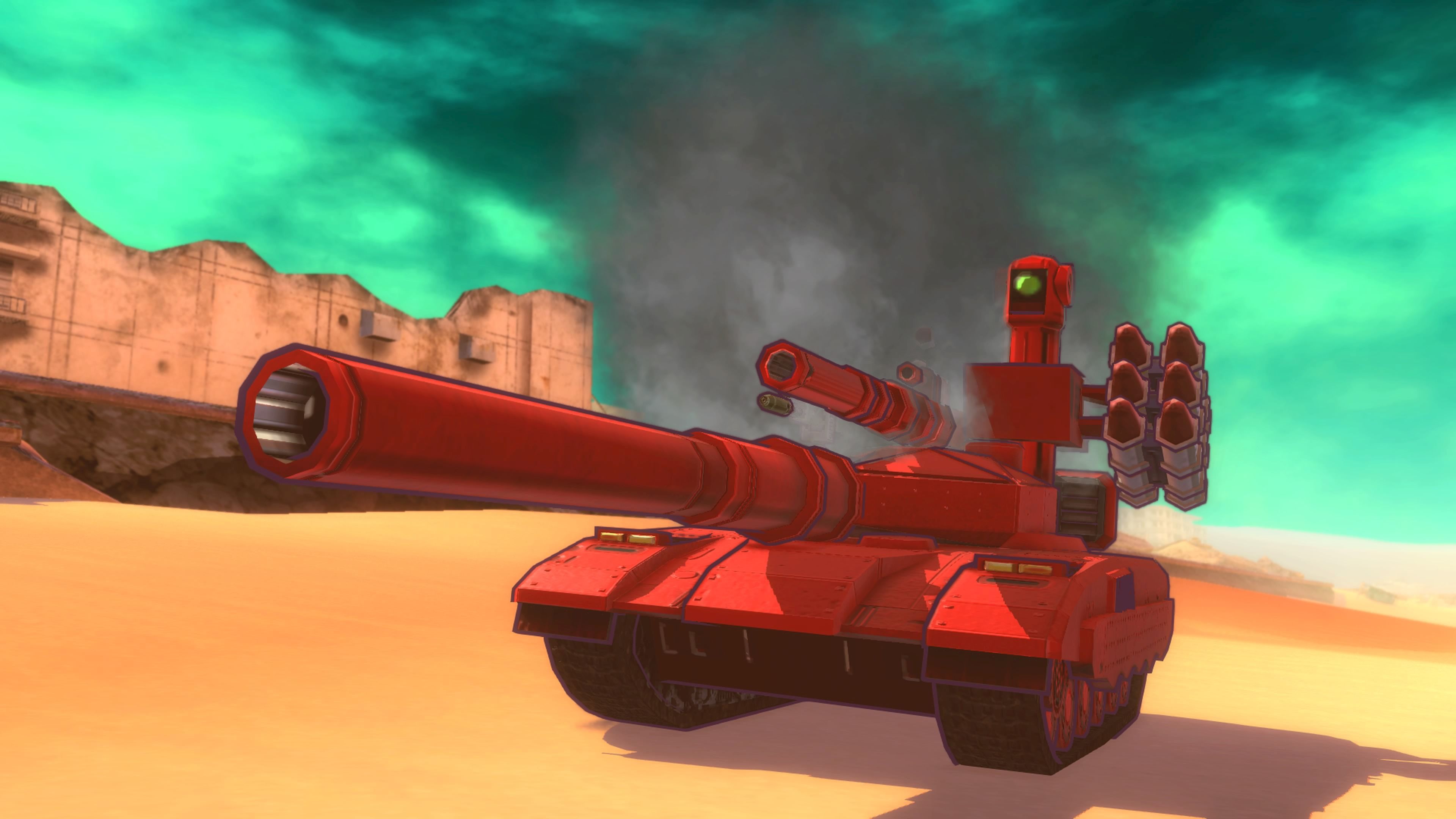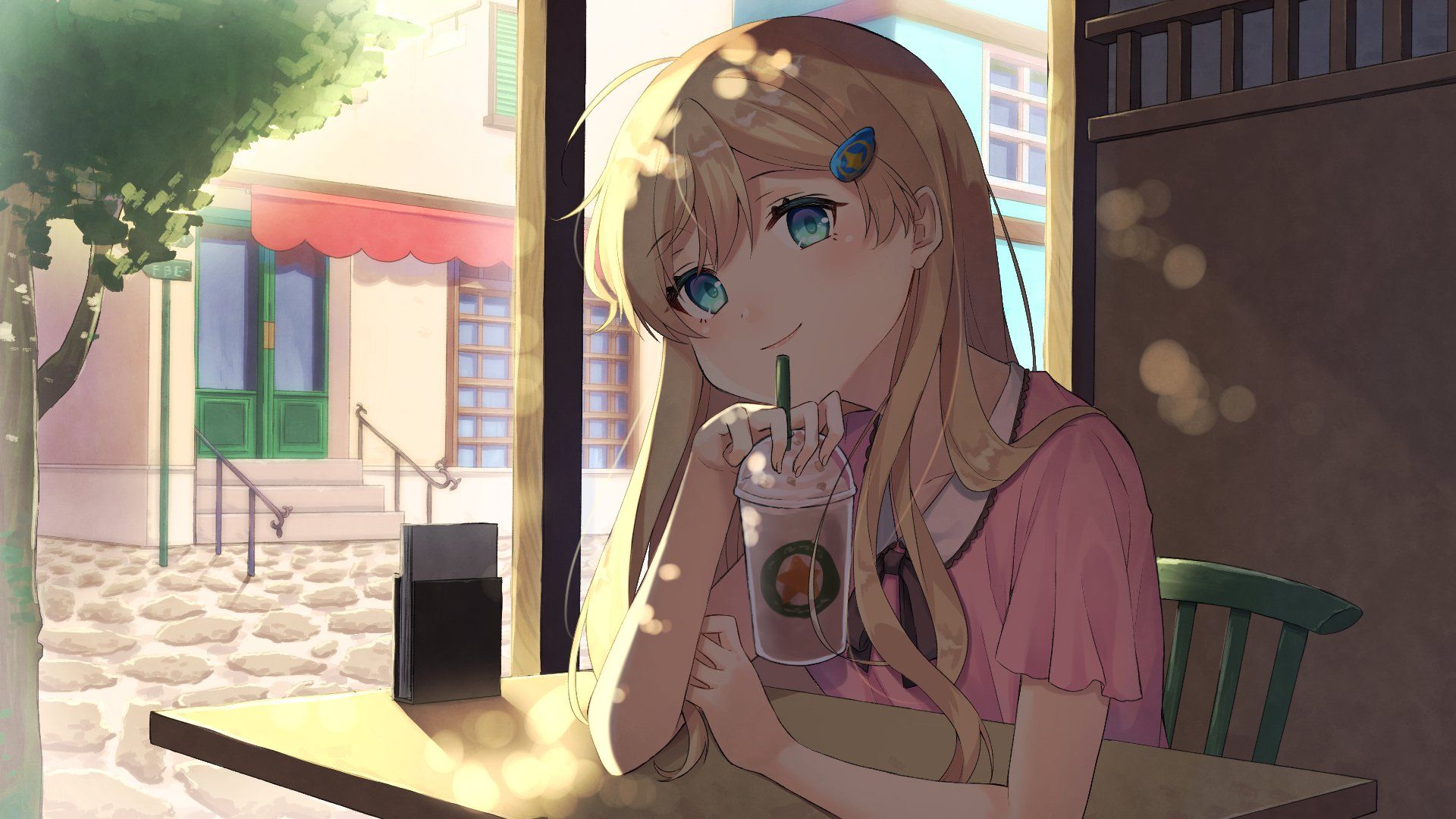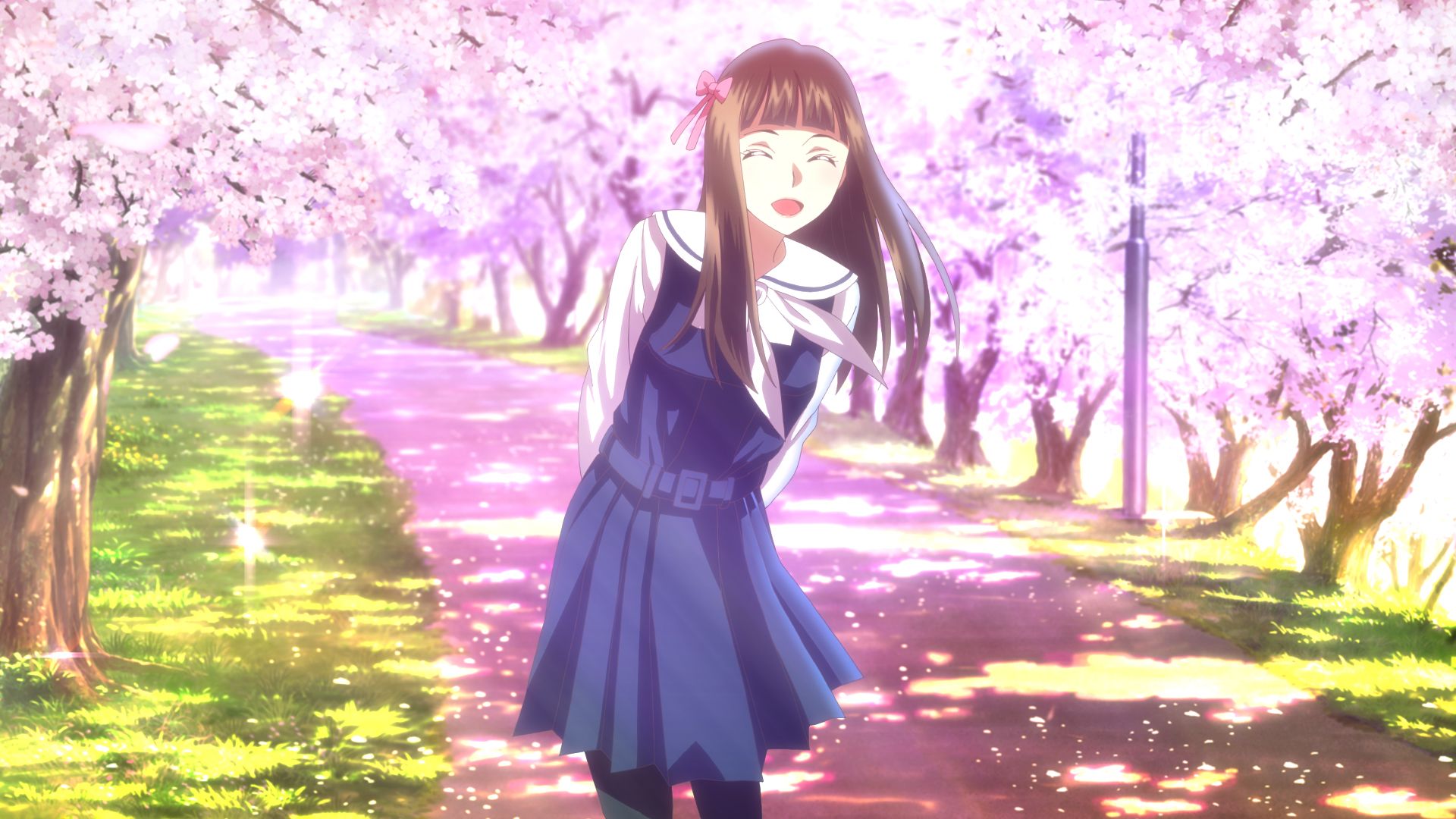Kadokawa Games has been very active in releasing several titles both in Japan and in the west over the past few years, including Root Letter, God Wars, Metal Max Xeno, and quite a few more.
With more coming, including the newly-revealed LoveR, and Root Letter: Last Answer, DualShockers talked to President Yoshimi Yasuda, who shared a lot of information on what we can expect over the next few months.
Yasuda-san's insight is definitely interesting as a veteran of the Japanese gaming industry in the unique position combining the roles President of a publisher, Producer, and Director.
Giuseppe: The God Wars franchise seems to be really important for you, maybe even on a personal level. What makes it so dear to you?
Yoshimi Yasuda: This IP is very important for me because this [its topic] is one of the great passions of my life.
G: The game has just been released for Switch as well. How did it do on Nintendo's console?
YY: We can't give details for now, but we're quite happy about it.
G: Now that God Wars 2 has been announced, are you thinking about further expansion for the God Wars franchise, maybe on mobile or even outside of games?
YY: Considering the feedback that we received from our users, we're evaluating expansion across other forms of media. We're also considering a PC version.
G: Do you already know which kinds of media you'd like to expand on?
YY: We received different offers, but we're still evaluating what we can do.
G: God Wars 2 seems to portray a story in which the world of the gods gives way to the world of humans. Is this what you see as the conclusion of the overall God Wars story, or maybe there is still room for more?
YY: The first God Wars portrays the world of the gods. The second does indeed show the passage between the world of the gods and that of humans. For the moment, that is the end of the story.
G: Is there any feature that you would have really wanted to implement in God Wars: The Complete Legend, but you didn't manage to for any reason?
YY: Oh, there are many.
G: Is there any among those that you're maybe planning to put in God Wars 2?
YY: First of all, I'd like to improve quality of life. We received a lot of feedback from our users about playability. My purpose for God Wars 2 is to make the game more accessible.
G: It was a pretty complex game...
YY: If you happened to play Natural Doctrine, you may have noticed that my purpose is to create a contemporary simulation RPG [Editor's note: in Japan that is the classic way to define strategy RPGs]. In Japan, we have a proverb rooted in Bushido that reads "Shuhari." It basically means "learn, then break, and then understand." Following these three concepts, I'd like to create something accessible to everyone.
G: On the other hand, I often hear from our readers that there are too few actually complex RPGs nowadays, and for them, complexity is a relevant factor that should be preserved. I actually tend to agree. Do you think it's possible to find a good balance between complexity and accessibility?
YY: I'm trying to find a balance and to redefine the genre that in the west is defined strategy RPG, so that it would be in the middle between a simulation RPG and a tactical RPG. If you think about RPGs like for example Dragon Quest, characters grow through fighting, and you also have a big map to explore. I'd like to keep that growth factor but then squeeze the world down to where only the battle matters for the progression of the characters.
This isn't just about God Wars 2, but also another project that I'm working on. I'd like to create a new genre of simulation RPG that would be more accessible and an evolution.
I actually feel I made a mistake with Natural Doctrine, but now I'm thinking about action games like Battlefield and Call of Duty and their photorealistic graphics and high interactivity. That's the model that I'd like to follow. I'd like to have a simulation RPG that can convey that kind of feelings and visuals. This is what I'm aiming for at the moment.
G: Would you like to also adopt a western-like art style, or would you still stick to Japanese aesthetics?
YY: Of course, we're in Japan, and we're a Japanese studio. This is something that can be evaluated and has not been decided yet. That being said, I'd be happy if American and European gamers would also feel like they want to play the game.
G: Both God Wars and Root Letter are strongly rooted in Japanese culture, ancient and modern. Do you think this is an added value for a game even on the western market?
YY: If we consider games like Dark Souls from FromSoftware, which don't have a specific Japanese flavor, those are obviously appealing. Yet, I still think Japanese culture can be a relevant factor of appeal in the western market.
G: Kadokawa Games has been very active in publishing its games in the west. How important is the western market for you, and can we expect all of your games to continue being published in North America and Europe?
YY: The western market is very, very important for us. Even if we're interested in mobile games, I'm personally one who likes developing for consoles. The same goes for other creators from our company like Sugiyama-san [LoveR Producer Ichirou Sugiyama] and Miyaoka-san [Metal Max XENO Director Hiroshi Miyaoka]: we're all gamers and passionate about consoles. We definitely like to see our games played everywhere in the world. That's a constant goal for us.
G: In particular, Ichirou Sugiyama's games have never been published in the west. Do you plan to release LoveR in North America and Europe, and do you think it could do well?
YY: Before joining Kadokawa Games. Sugiyama-san didn't have the chance to release his games abroad. Now that he works with us, he is certainly interested in releasing the game in the west. It's very difficult to predict whether this kind of games will do well abroad, but I do believe that this pure love simulation-type of content can surely gain attention even in the western market, in a good and a bad way. I'm sure Sugiyama-san himself knows about that, and he is ready to challenge a release for the western audience.
G: You seem to have a strong partnership with NIS America. What made you chose them as your preferred partners for western publishing?
YY: My first experience was Lollypop Chainsaw with Warner Bros. but it wasn't a JRPG. When I started working on RPGs, I was approached by NISA. They had the required experience, and they wanted to actively collaborate with us to distribute our games.
G: In the past, Kadokawa Games has been pretty PlayStation-Centric. Now it seems you're expanding towards other platforms, but we still saw a PS4 exclusive announcement for LoveR. Do you prefer focusing on a single console, or releasing for all?
YY: I'm a creator, Producer, and the President of the company, but as a creator myself, I'd always like the largest possible audience to play my games. Personally, I always prefer to develop my games as multiplatform.
Of course, we allow other Producers to set their own strategy. If one of our Producers has a special relationship with a specific platform or sees particular conditions that a specific platform can provide, he can choose the best way to achieve the success of the game.
For instance, Sugiyama-san has a good relationship with Sony, so LoveR will be on PlayStation. I let our Producers decide what is best for the games.
G: Do you think showcasing LoveR during Sony's PlayStation Lineup Tour was a good way to introduce the game worldwide?
YY: I was quite impressed by the fact that it was surrounded by enormous titles, and LoveR is such a little thing. I was quite happy. I'd like to hear your opinion. What do you think?
G: Personally, I think diversity in games from all development cultures and of all sizes is one of the most important factors in helping a console be successful, and it also helps in making a show like that more interesting. I think LoveR was a very nice change of pace.
YY: Thank you!
G: You're welcome. Are you interested in releasing games for Xbox One at all?
YY: I like the Xbox platform, and I'd like to work on it. Looking at the situation in Japan, it seems that the relationship between the platform and developers isn't in the best conditions. Yet, as I said before, I'd like our games to reach the largest possible audience. I'd really like to take on the challenge to work on Xbox. Hopefully, there will be a chance, and if it happens, we'll definitely consider this possibility.
G: Are there any other games in your past catalog that you'd like to release on Steam or Nintendo Switch?
YY: About Steam, yes, we're certainly evaluating how to approach the platform more actively. News about that will come very soon. About Switch, as a Producer yes. I want to reach as many gamers as possible, so I plan to release all of my games on Switch. As for the games handled by other Producers, I'll let them make that call.
G: I was thinking more about older games that were released only on PlayStation months or even years ago, and could get a second life on new platforms, like the Demon Gaze series for instance.
YY: At the moment we aren't thinking about our older titles. We're focusing on the future.
Personally, I like to start new IPs from zero as a Producer, like Demon Gaze, Root Letter, and more. Then, I let younger Producers take the reins and continue them. If some of the new producers have ideas about this, it would be their place to think about it.
G: With Metal Max Xeno, you brought back an old and beloved franchise that many had forgotten. Do you think reviving retro franchises is a good business opportunity in the future?
YY: About Metal Max, Miyaoka-san is a friend. I talked with him, and I noticed that the IP was declining. After that conversation, I took the responsibility with the group and decided to reboot the IP. It wasn't really a business decision or following a trend. It was more the personal relationship with Miyaoka-san that led us to bring Metal Max back to life.
G: So you think there is room in this ultra-competitive and difficult market for personal relationships and feelings to be a relevant factor in decision making?
YY: In a small company, if you think only about the numbers it's just boring. I don't like to do that. Obviously, I value personal relationships. I actually have a solid background in numbers and I'm basically a finance guy, but it's simply boring to think exclusively about that.
That being said, about Metal Max, it wasn't just a matter of personal relationships. Miyaoka-san never released a game abroad before, while I had that experience. He also wanted to make a 3D game but didn't have the resources to do it on his own. Considering the possibility for an expansion on the western market and an upgrade to the franchise's technology thanks to our resources, I decided that the reboot of the IP made sense.
G: With the closure of Starly Girls: Episode Starsia on smartphones, could you tell us anything more about the console game? I'm really looking forward to it.
YY: Unfortunately, I cannot share much for the moment, but surely, I'd like to bring the setting up to high-end level. I can say that we're working with the team that developed the original Front Mission series on Super Famicom.
G: It's interesting that nowadays Square Enix is developing a completely different Front Mission game with a different team.
YY: Another element that I'd like you to keep in mind is that if you think about me, you can think of simulation RPG.
G: Let's talk about The Lost Child. Are you satisfied with its performance, and do you think there is room to continue expanding that world?
YY: I think it was a good dungeon RPG. Just like with God Wars, we're collecting all the feedback from users, and we're now discussing and evaluating a brush-up, tuning it for a better quality of life. This is a conversation that we're currently having with Producer Hasegawa-san.
G: If you were free to choose among any retro franchise to bring back, which one would it be?
YY: Personally, and not as the President of the company, it would be Shining Force.
G: Many are starting to speculate on the next generation of consoles, thinking that it will launch around 2020. What are your thoughts on it, and is Kadokawa Games preparing for the generational change?
YY: As you said, there is a lot of speculation about it. This is something that is also exciting. It's almost like a festival. We'd like to participate because we think it's very exciting. It's something new, bringing fresh air and new possibilities. Of course, we're interested, and we'd like to take part in this festival when it opens.
G: Japanese developers tend to be a little slower in adopting new technology on a generational handover. For instance, when the PS4 came out, many kept developing for PS3 for a long time. On a personal level, would you prefer to just jump on the new platform as soon as possible, or maybe you think it's better to hold back and keep working on PS4 as long as it's viable?
YY: As an individual and creator, I'd like to jump on board with the new generation right away.
G: What about your stance as the President of the company?
YY: As the President of the company I need to control and define risks. Obviously, working on an established market supported by a large userbase is a factor that needs to be considered. It's important to find the right balance between the excitement of a new platform and doing the proper risk evaluation for a new title.
G: If you'd allow me a personal question, you're the President of a company, a Producer, a Director, and a Gamer. How do you manage to do all of that?
YY: First of all, I try to make time for myself. I try to have time alone for thinking. "Me time" and time management are very important. Secondly, there is the relationship with developers. I actively talk to them because there is no development process with no issues. Also, as Producer, I'm responsible for the numbers. Yet, I don't just work on the numbers. I used to do that in the past, but now it's a more dynamic and active relationship. Having this constant relationship with developers, I help them and they help me. Lastly, and this is the most important one, I still believe -- maybe naively -- that I would like to produce good games, and if we do that, sales will come naturally. That's why I keep an eye on everything as a whole.
G: Until a couple of years ago, PS4 was pretty much the dominating platform in the Japanese market. Then the Switch appeared, and things are much less one-sided. Yet, when the PS4 was still dominating, the console market was a bit sluggish. Now, after the release of the Switch, the market seems to have been revived, and this seems to have benefited the PS4 as well. Sony and Nintendo appear to be rivals, but also indirectly helping each other. From the point of view of someone who makes games, how do you think the Switch influenced the whole market in Japan?
YY: I've been working here for fifteen years, and I always watched these two companies and held relationships with them. I think the users really care about these platforms, and the quality of their products surely helped the market.
As you said, I think that the release of the Switch absolutely had a positive influence on the market. It revived the market because now it's full of good products. At the end of the day, it's all about good games.
G: At the same time, mobile games used to be all the rage in Japan. Everyone wanted to make mobile games, and many developers abandoned console development. Now things appear to be a little bit different. Console gaming appears to be recovering, and while mobile gaming is still big, I see many developers who made the jump returning to creating console games. Is this something you see as well?
YY: Three or four years ago we had the peak of mobile games and the gross value of the market was surely very large. A friend of mine who works for a video game analysis firm told me that even at that time the active users of mobile and consoles were almost the same.
Even with the same amount of active users, mobile games made high revenues mainly selling items via the gacha system. This was obviously interesting, but the value of the market will decrease. Yet, since there are so many different genres of mobile games, the number of gamers will increase. Looking at consoles, the younger generation of Japanese gamers are becoming fans of western games and big value games, and those have to be played on consoles. Due to that, surely the console market is going to grow. Incidentally, that's also why I think our JRPGs are often played more in the west than in Japan.
G: To conclude, do you have any message for the fans of your games in the west?
YY: My work focuses on simulation RPGs and tactical RPGs. It may be a dream for me, but I'd like to create something that would be seen as a new generation of those genres. I really can't wait to bring this game to all the users around the world.

